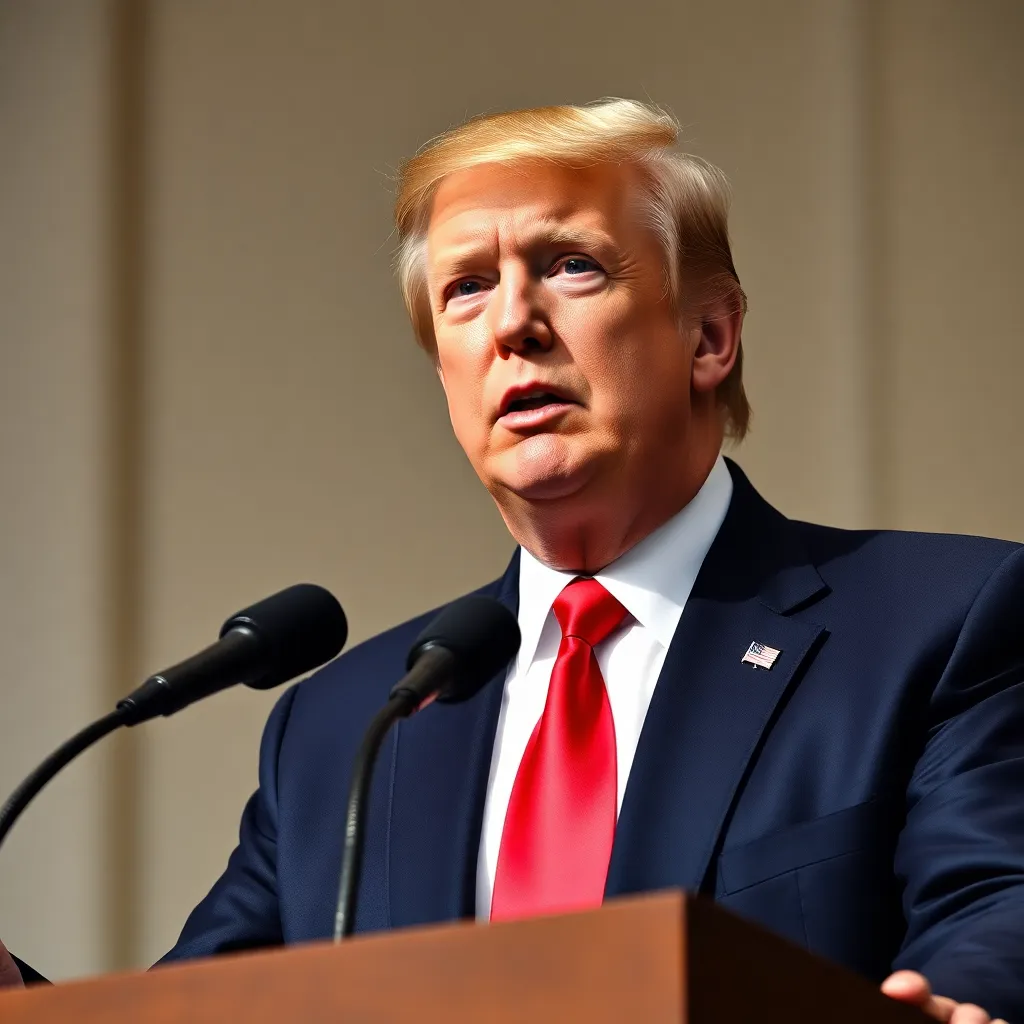
The recent victory of Donald Trump in the US presidential election of November 5, 2024, has sent shockwaves across the globe, with many countries in Southeast Asia closely watching the developments. As Trump prepares to take office for a second time, concerns about the future of US-ASEAN relations have begun to outweigh expectations.
During his first term, Trump’s administration had a mixed record when it came to engaging with the Association of Southeast Asian Nations (ASEAN). While he attended the ASEAN Summit in Manila in 2017, his absence from the 2018 and 2019 summits raised questions about the US commitment to the region. Moreover, his administration’s focus on bilateral trade agreements and the ongoing trade tensions with China led to concerns about the US’s ability to promote regional stability and prosperity.
As Trump 2.0 takes shape, many experts believe that US-ASEAN relations will continue to face significant challenges. One major concern is the potential for increased tensions between the US and China, which could lead to a further destabilization of the region. ASEAN countries, many of which have close economic ties with China, may find themselves caught in the middle of the rivalry between the two superpowers.
Another concern is the Trump administration’s approach to trade and investment. The US’s withdrawal from the Trans-Pacific Partnership (TPP) in 2017 was seen as a significant blow to ASEAN’s economic integration efforts. The ongoing trade tensions between the US and China have also led to concerns about the impact on ASEAN’s trade and investment prospects.
Despite these concerns, there are some areas where US-ASEAN relations may see some positive developments under Trump 2.0. For example, the US has been actively engaged in promoting maritime security in the South China Sea, which is a key concern for many ASEAN countries. The US has also been working closely with ASEAN countries on counter-terrorism efforts, which is an area of growing concern in the region.
However, overall, concerns about the future of US-ASEAN relations under Trump 2.0 outweigh expectations. The Trump administration’s approach to trade, investment, and security issues is likely to continue to pose significant challenges for ASEAN countries. As the region continues to navigate the complexities of the US-China rivalry, it is likely that US-ASEAN relations will remain a key area of concern in the years to come.
In conclusion, while there may be some areas of cooperation between the US and ASEAN under Trump 2.0, the concerns about the future of the relationship outweigh the expectations. The Trump administration’s approach to trade, investment, and security issues is likely to continue to pose significant challenges for ASEAN countries, and the region will need to navigate these complexities carefully in order to promote stability and prosperity.






